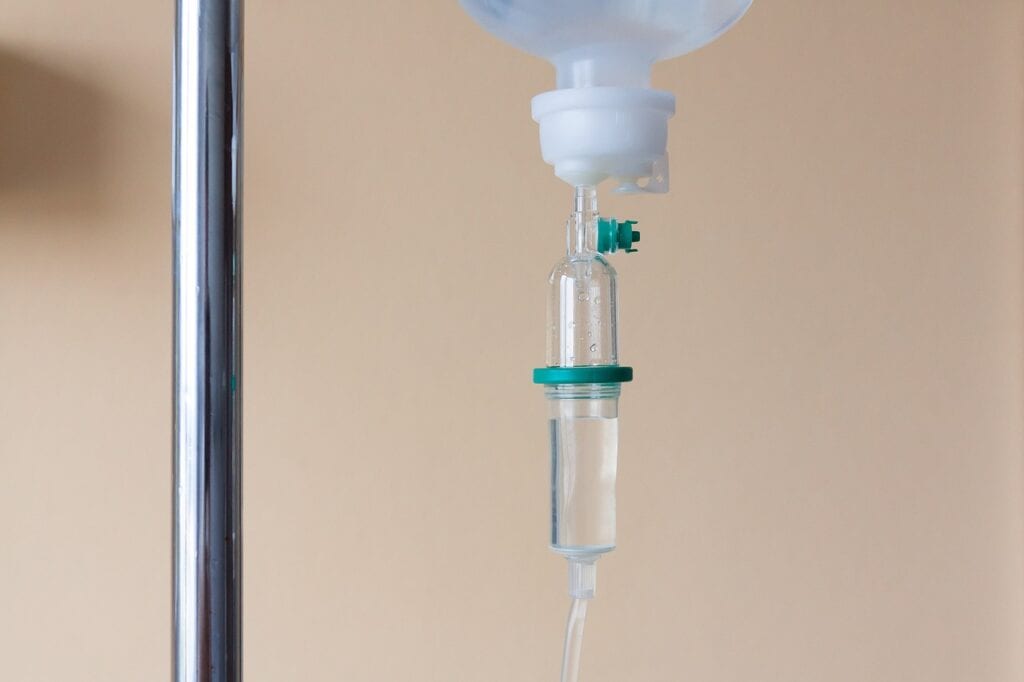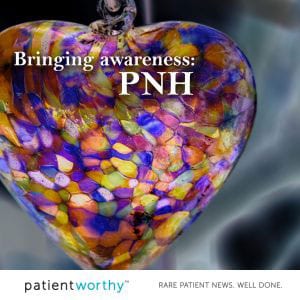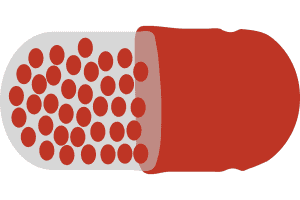According to a story from Market Watch, the biopharmaceutical company Alexion Pharmaceuticals, Inc. has recently announced that the US Food and Drug Administration (FDA) has approved a new formulation of its drug ravulizumab-cwvz (marketed as ULTOMIRIS®). This formulation was approved for patients age one month or older with paroxysmal nocturnal hemoglobinuria (PNH) and atypical hemolytic uremic syndrome (aHUS).
About Atypical Hemolytic Uremic Syndrome
Atypical hemolytic uremic syndrome is a very rare, progressive, and potentially life threatening illness which is most characterized by the formation of blood clots in many small blood vessels within the body. Symptoms can include fatigue, swelling, diarrhea, vomiting, abdominal pain, confusion, seizure, coma, kidney failure, heart attack, and stroke. This disease may appear alongside other illnesses as well. Treatment for this disease may include kidney transplant, plasma exchange/infusion, the drug eculizumab, and dialysis. To learn more about atypical hemolytic uremic syndrome, click here.
About Paroxysmal Nocturnal Hemoglobinuria
Paroxysmal nocturnal hemoglobinuria (PNH) is a rare blood disease. This life-threatening illness is most characterized by the destruction of red blood cells by a part of the innate immune system called the complement system. Symptoms of the disease include red urine (especially in the morning), palpitations, blood clots, fatigue, shortness of breath, pain when swallowing, abdominal pain, and erectile dysfunction. Blood clots are a primary cause of death for patients with paroxysmal nocturnal hemoglobinuria. This disease is best treated with either eculizumab or, more recently, ravulizumab where it is available. To learn more about paroxysmal nocturnal hemoglobinuria, click here.
About The New Formulation
This new formulation is 100 mg/mL, whereas the original formulation is only 10 mg/mL. The main benefit of this higher concentration is that the time it takes for infusion is now reduced by around 60 percent. The formulation is projected to allow patients to spend no more than six hours per year receiving infusions. This represents a substantial quality of life improvement for patients receiving treatment with this drug. This formulation does not have any major differences in safety or efficacy.
Ultimately, Alexion plans to make this the only available formulation and plans to phase out the less efficient 10 mg/mL version by the middle of next year. The new ULTOMIRIS formulation is also under review in Japan and the EU.






